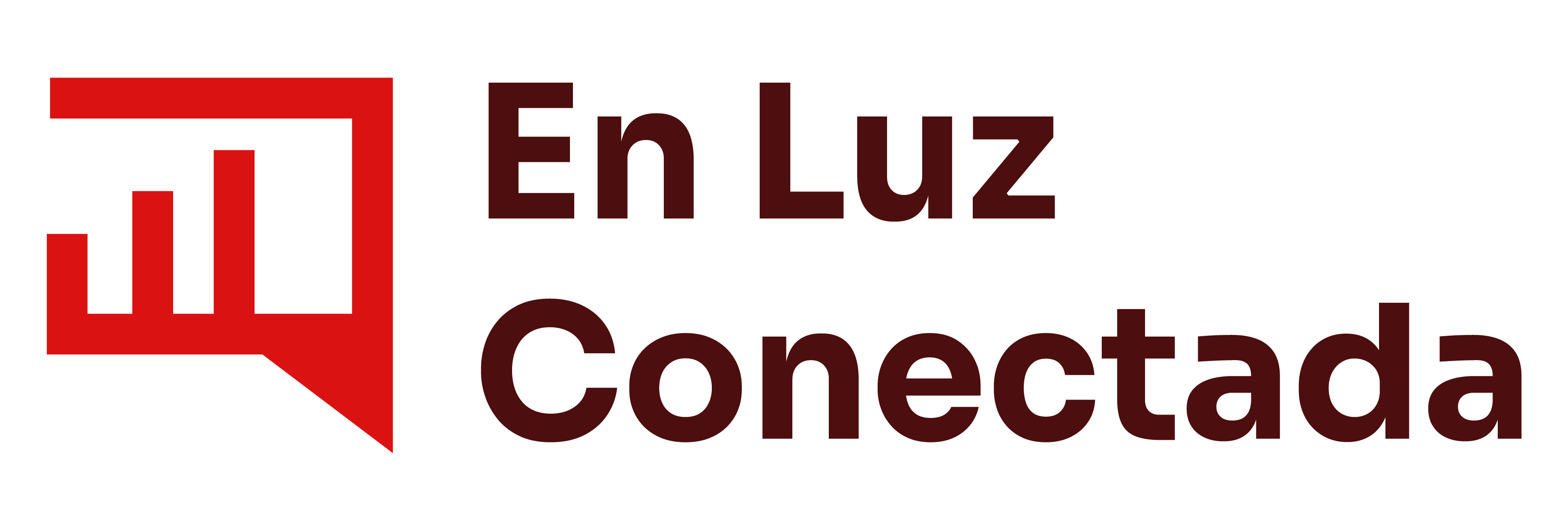Ever thought about refinancing your mortgage to save money or find new opportunities? In Canada’s changing mortgage market, knowing about refinancing is key for homeowners wanting financial stability. Refinancing means swapping your current mortgage for a new one, often with different terms and rates.
This isn’t just about cutting down your monthly payments. It can also change your interest rates or let you use your home’s equity through cash-out refinancing. Figuring out when to refinance can greatly affect your financial well-being.
Understanding Mortgage Refinancing
Mortgage refinancing lets homeowners swap their current mortgage for a new one. This often happens at lower rates, which can cut down monthly payments or change the loan terms. It’s a good choice to switch from a variable to a fixed rate or to get better rates in the market.
Canada offers different refinancing options. Rate-and-term refinancing helps make payments more affordable by changing the rate or term. On the other hand, a cash-out refinance lets homeowners use their property’s equity for renovations or investments. This is great for those who want to pay off debts or cover big expenses.
Home equity loans are another option. They use the home’s value as collateral, giving homeowners a lump sum for any need. Each refinancing choice has its pros and cons. Knowing these helps homeowners make the best financial move for their future.
Benefits of Refinancing
Refinancing offers more than just lower monthly payments. Homeowners in Canada often see their interest rates drop. This change can make managing money easier and improve cash flow.
A refinancing calculator is a great tool. It helps people see how much they could save. It also lets them check their financial health.
One big plus of refinancing is the chance to get cash from your home. This can be used for renovations, paying off debt, or other big expenses. Getting rid of mortgage insurance is another perk, saving you money and giving you more freedom.
Refinancing can also help you pay off your mortgage sooner. With a lower interest rate or a shorter loan term, you can build equity faster. This brings a sense of stability and freedom.
When to Refinance Your Mortgage
Homeowners in Canada often wonder when to refinance their mortgage. Key moments in a homeowner’s life can be great times to refinance. For example, a big drop in interest rates means it might be time to look into refinancing.
This can help lower monthly payments or shorten the loan term. Changes in personal finances, like a better income or credit score, also signal a good time to refinance. These improvements can lead to better refinance rates, boosting your financial health.
Another reason is to use home equity for big expenses. Many want to tap into their property’s value for things like renovations or education. By comparing current mortgage terms with refinance rates and market conditions, you can see if it’s worth it.
Costs Associated with Refinancing
Refinancing can change a homeowner’s financial situation. It’s important to know the costs involved. Application fees and appraisal costs are common. These fees help lenders process your refinance and assess your home’s value.
Legal fees are also part of the cost. They cover the paperwork needed for new mortgage documents. If you refinance early, you might face prepayment penalties. These penalties can increase your overall costs.
Even with these costs, refinancing can save you money in the long run. It’s key to compare the costs with the potential savings. Looking for the best refinancing deal can help you save money and make a smart choice.
How to Determine If Refinancing Is Right for You
Homeowners thinking about refinancing often ask how to find the best options. The first step is to look at your current finances. This includes your income, debts, and credit score. Knowing this helps figure out if refinancing can get you better terms.
Using a refinancing calculator can give you useful information. These tools let you put in your current mortgage details and new terms. This way, you can see how refinancing might change your monthly payments and overall financial plan. Seeing potential savings can help you decide.
Next, you should check your current mortgage terms. Look at things like interest rates, loan length, and early repayment penalties. It’s important to weigh these against your long-term goals. This helps you understand if refinancing fits with your future plans.
Also, don’t forget to consider the market conditions. Interest rates change often, and knowing the current rates is key. By looking at all these factors, you can make a smart choice about refinancing.
Common Myths About Refinancing
Many homeowners have wrong ideas about mortgage refinancing. They think it’s only for those in tough financial spots. But, refinancing can help many people improve their finances.
Some think refinancing costs too much. But, the savings over time often make up for the initial costs. It’s a viable option for many Canadians.
Others believe refinancing is complicated and takes a long time. But, with the right lender and preparation, it can be simple and quick. Knowing the truth about refinancing can help homeowners see it as a good choice for their financial well-being.
Steps to Refinance Your Mortgage in Canada
Starting the refinancing journey in Canada means following key steps for success. First, homeowners need to figure out their financial goals. This could be getting a lower interest rate, a better loan term, or accessing equity. Knowing these goals is crucial for the whole process.
Next, homeowners should look into different refinancing options. They need to compare lenders, products, and rates to find the best deal. It’s important to have all necessary documents ready, like proof of income and credit history.
With the right information, homeowners can apply to lenders for approval. This involves sharing financial details and going through credit checks. Once approved, the final steps include signing paperwork and closing the new mortgage. Getting advice from financial advisors or mortgage specialists can help with these complex steps.





